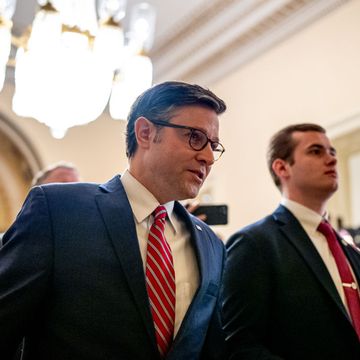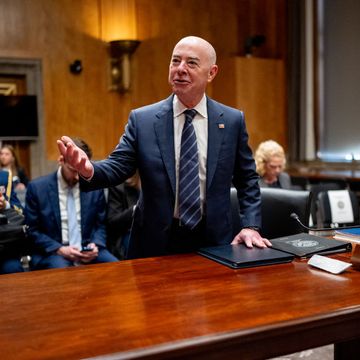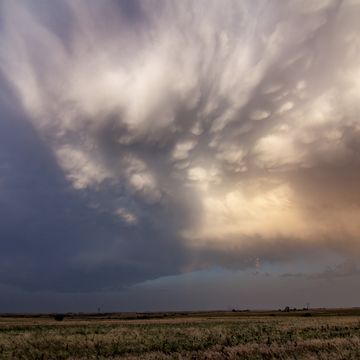(THIS SOUNDTRACK SHOULD BE PLAYED LOUD)
It was a hot summer night very long ago, when my career in this racket was brand-new and distinctly alternative. I was in a beneath-the-sidewalk joint in Harvard Square called Jonathan Swift's, and I was listening to Levon Helm play with the Cate Brothers, who were formidable players in their own right, and old friends of Levon's from Arkansas. We were all deep into the howl of the evening when it occurred to my friend and me that we were enjoying the show so much that we really ought to buy Levon a beer. So we ordered one up, and the waitress brought it out to the stage and Levon took a long pull, looked down at the two of us, touched his drumstick to his forehead and said, "Thank you, neighbor."
It was what they were all about, Levon and the rest of The Band, in 1968, when the country was coming apart at the seams. Nothing was holding, least of all Mr. Yeats's center. There were tanks in Prague and there was blood on a balcony in Memphis, Tennessee. The traditional American values of home and family and neighborhood were being fashioned into cheap weapons to use against the people who saw the death and gore as the deepest kind of betrayal of the ideals that made those values worth a damn in the first place. The music was disparate and fragmented; the Beatles were producing masterpieces that they couldn't or wouldn't take on the road. Brian Wilson was long gone, spelunking through the canyons of what was left of his mind. Jim Morrison, that tinpot fraud, was mixing bullshit politics with kindergarten Freudian mumbo-jumbo and his band didn't even have a damn bass player. Elsewhere, there was torpid, silly psychedelia. The British were sort of holding it together, but, in America, even soul was coming apart. Nothing seemed rooted. Nothing abided. Nothing seemed to come from anything else. The whole country was bleeding from wounds nobody could find.
Then, Capitol released Music from Big Pink. It didn't sound like anything on the radio. It didn't sound like anything on earth. The lyrics were dense and allusive, as dense as Dylan's, but drawn from a different place, a bleached-out roadhouse in Fort Smith, not a folk club in the Village, the kind of place where, as Levon once said, you had to puke twice and show them your knife before you could get in. You could hear all kinds of things in the music — white soul, field hollers, the sound a carnival makes on the outskirts of town when the sun drops behind the horizon and all the lights come up. It might have been recorded in 1938 for all anyone really knew. In his legendary review in Rolling Stone, Al Kooper, no stranger to musical eccentricity his own self, tried to parse out all the influences he heard on the record:
I hear the Beach Boys, the Coasters, Hank Williams, the Association, the Swan Silvertones as well as obviously Dylan and the Beatles. What a varied bunch of influences. I love all the music created by the above people and a montage of these forms (bigpink) boggles the mind. But it's also something else. It's that good old, intangible, can't-put-your-finger-on-it "White Soul." Not so much a white cat imitating a spade, but something else that reaches you on a non-Negro level like church music or country music or Jewish music or Dylan. The singing is so honest and unaffected, I can't see how anyone could find it offensive (as in "white people can't pull this kind of thing off".)
The guitar darted in and out between the keyboards, which were all a tangle of juke joint and high Mass. The drums had a throb to them, like a vagabond's last heartbeat. And the voices sounded like a choir put together in the the toughest joint in a lost frontier — the soulful, gulping joy of Rick Danko, and the high, gorgeous soul of Richard Manuel. And Levon, in whose voice we all got our country back again.
The inner sleeve of the album was as radical a statement as you could make at the time. The Band stood there with their relatives all around them, as if to say that the idea of family and friends and neighbors was not the exclusive property of the people who bleated about it while unleashing the cops on their children. It was a summoning of the idea of the American community, which has never been about conformity, either to fashion or to the politics of the moment. And, if you didn't get the point, there were some sly hints on the record that pointed you back towards what was important, that made you realize that there was an America worth the effort of finding, that there was a country to which it was worth coming home.
"There's no need to slave / The whip is in the grave."
This was healing music, but it was in no way peaceful. Levon's voice made sure of that. It was tough and sound and brooked no easy answers. (When, an album later, he voiced the story of Virgil Kane, a grunt in the Confederate army, he managed to push the story beyond politics. You swear by the mud below your feet and you make a pact with the land that nothing can break.) It was a Southern voice, certainly, but there was in it that universal sense that we are all in this great experiment together, that we hold a number of truths to be self-evident and the ones that Mr. Jefferson listed were only the very beginning of them. That there is a commonwealth that binds us, through the worst of what we can do to each other, and the worst of what we can make of our promise. For all the wild rhetoric and the political posturing, and for all the horror that extended from My Lai to the floor of the kitchen of the Ambassador Hotel and back again, that we all had an America to come back to, no matter how long we were away, no matter even if we were half-past dead. Because that America was the America of the tall tale, the underground history, the renegade, buccaneer country that belongs to all of us. Levon Helm told those stories. He gave that history a voice that we could all hear over the din of the times.
He was the true Voice of America, as far as I'm concerned. And, after The Band split up, he kept touring, wrote a hilarious memoir, and then started hosting the Midnight Ramble in his barn in upstate New York. He was as generous with his talent and his time as any artist ever was. There was a message on his website on Tuesday saying that, goddammit, he was in the last stages of a long and brave fight with cancer. I wanted to write all of this before he passed. I wanted to thank him for the way he sang, and for the throb of his drums, and for the way he helped point the way home for all of us who thought we'd lost our country. He brought us back to what was really important: the fugitive grace of a young democracy, that America, for all its flaws and shortcomings, for all its loss of faith in itself and its stubborn self-delusions, was a country that was meant to rock. For that, I return his salute from long ago. Thank you, neighbor. And godspeed.
UPDATE: Levon Helm died in Manhattan at the age of 71 on Thursday.
EARLIER: I Dream of Common Wealth >>

Charles P Pierce is the author of four books, most recently Idiot America, and has been a working journalist since 1976. He lives near Boston and has three children.












